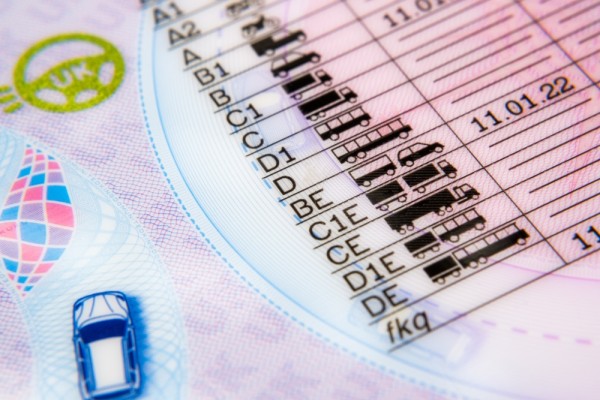UK Government to launch digital wallet and app
21/01/2025 | UK Government
On Tuesday, 21 January 2025, the Department for Science, Innovation and Technology (DSIT) announced that it will launch a new digital wallet allowing people to hold their driving licences and other government-issued documents on their smartphones. This initiative coincides with the planned release of a new government app in the summer, which aims to simplify access to the GOV.UK website. Alongside providing access to government information and being able to carry out essential tasks, the app will also remember users' recent activity for a more personalised experience. The announcement coincides with details shared by DSIT on the government's proposals for improved data-sharing.
The GOV.UK Wallet and App will include advanced security features inherent to modern smartphones, such as facial recognition technology akin to that used for digital banking, ensuring the security of stored documents even if the device is lost. This digital solution is intended to streamline the use of public services, making them more aligned with modern living. Initially, the wallet will support driving licenses, with plans to expand its capabilities to include various government credentials, including Veteran Cards and DBS checks, by the end of 2027.
However, physical documents will continue to be available.
Peter Kyle, the Secretary of State for Science, Innovation and Technology, said: "For people who choose to use GOV.UK Wallet, they will find it easier to prove they’re entitled to benefits or check their age when buying alcohol or DIY equipment, with more security and trust than ever before. Crucially, it also opens huge opportunities to make interacting with public services much easier by putting people in control of their own data."
The news follows an announcement in October 2024 that DSIT had launched the Office for Digital Identities and Attributes (OfDIA) to oversee the development of a trusted and secure digital identity market in the UK.
In a statement responding to the announcement, Silkie Carlo, director of Big Brother Watch, said: "This is a proposal for an all-encompassing digital ID system that will hold a huge amount of information on each of us from tax to health data, drawn from multiple government departments. It has the hallmarks of the nightmare database state envisaged with Blair’s failed ID card system, only in mobile, digital form. The addition of our facial recognition data makes this sprawling identity system incredibly sensitive, intrusive and a honeypot for hackers.
"The Government should modernise and give people digital options with identity documents, but this approach risks actually narrowing our choices and control over our own data. That’s because, despite our campaign, the Government is inexplicably refusing to legally protect the right to use non-digital ID, and hasn’t set out whether we can control how much of our sensitive information will be available via this wallet."
Contributing to an article in The Guardian, James Baker, campaigns manager at Open Rights Group, said, "Is there going to be pressure for the app to become the portal that you have to interact with the government through?
"Do you end up in a world where it's meant to be voluntary but it becomes so widely accepted that you can't live without it? One future problem is it ends up evolving into a national identity database where every interaction is tracked, which has considerable privacy implications."
Related articles on UK digital ID's.

What is this page?
You are reading a summary article on the Privacy Newsfeed, a free resource for DPOs and other professionals with privacy or data protection responsibilities helping them stay informed of industry news all in one place. The information here is a brief snippet relating to a single piece of original content or several articles about a common topic or thread. The main contributor is listed in the top left-hand corner, just beneath the article title.
The Privacy Newsfeed monitors over 300 global publications, of which more than 6,250 summary articles have been posted to the online archive dating back to the beginning of 2020. A weekly roundup is available by email every Friday.

